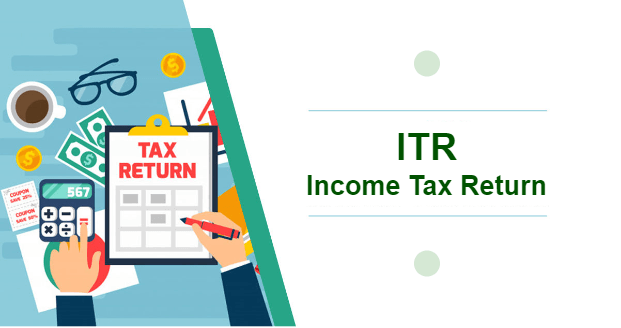Why 15CA/CB is required?
Form 15CA CB purpose Form 15CA CB purpose, The Indian government mandates the use of 15CA and 15CB forms for specific financial transactions involving non-residents. Here’s a brief explanation of each form: 1.Form 15CA: This form is use for remittances (money transfers) that are subject to tax deduction at source (TDS) under the Indian Income… Read More »









